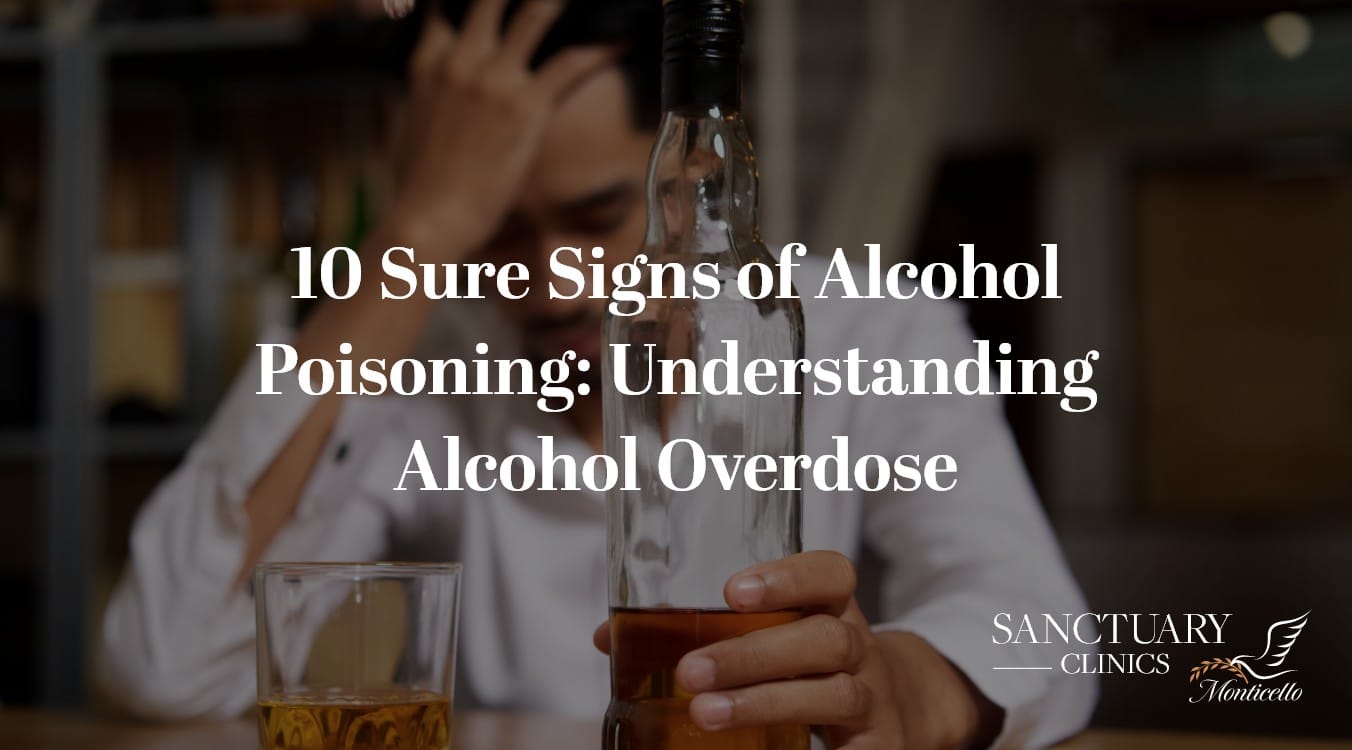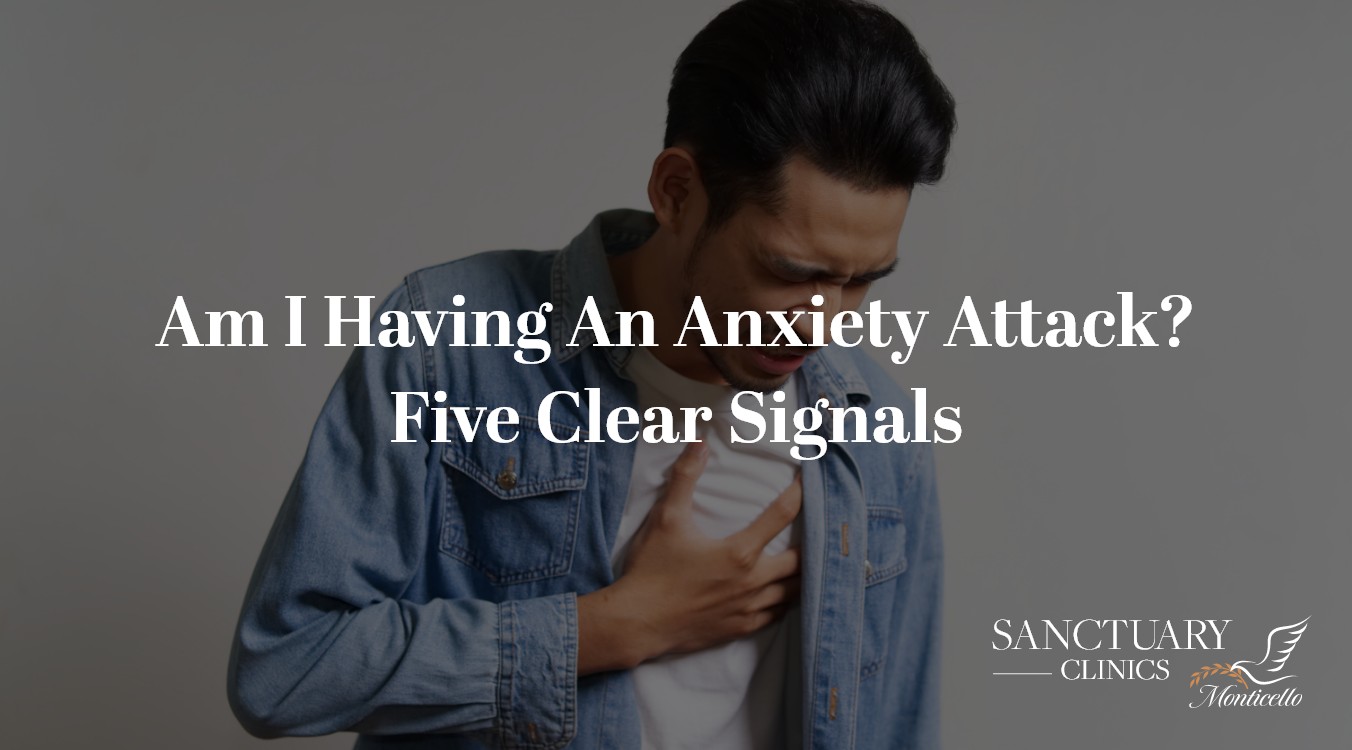In her eBook entitled How to Help Your Loved One Get Off Cannabis, Dr. Sesi Akoto, Medical Interventionist at Sanctuary Clinics sounds the alarm, warning “a storm is brewing.”
“The clouds,” she says, “look astonishingly similar to those which gathered back in the late 1990s, just before the opioid epidemic dawned. Marketing gurus and industry powerhouses came together, writing a new narrative, promoting false claims and reducing fears, encouraging more doctors to prescribe and more patients to turn to this most effective painkiller. As a doctor, I am very concerned that we are on the verge of a drug contagion that is going to dwarf the opioid epidemic.”
A Wall Street Journal article dated May 10, 2024, echoes Dr. Akoto’s concerns.
In the article entitled What You Aren’t Hearing About Marijuana’s Health Effects, Allysia Finley interviewed Bertha Madras, PhD, a psychobiology professor at Harvard Medical School and one of the world’s foremost experts on marijuana. In the interview, Dr. Madras outlines the science linking marijuana use to psychiatric disorders, permanent brain damage, and other serious harms.
Dr. Madras also sees parallels between the marketing of cannabis now and of opioids a few decades ago. “The benefits have been exaggerated, the risks have been minimized, and skeptics in the scientific community have been ignored,” she says. “The playbook is always to say it’s safe and effective and nonaddictive in people.”

Why aren’t we hearing more about the health risks of cannabis?
Finley’s article addresses this question. She writes, “Young people who smoked marijuana in the 1960s were seen as part of the counterculture. Now the cannabis culture is mainstream.”
As cannabis is being mainstreamed—medicalized, decriminalized, and legalized in state after state—the message people are getting is that weed is safe.
Public perception these days has cannabis curing just about anything that ails you; pain reduction, anxiety, PTSD, epilepsy, seizures, mitigating the side-effects of cancer treatment, assisting people in getting off opioids, you name it. But does marijuana actually improve these conditions?
Dr. Madras has reviewed claims of every therapeutic indication—more than 100 that have been claimed—and has found nothing beyond trace evidence in neuropathic pain studies, very specific to damaged nerve endings like in cases of diabetes or poor blood flow.
“In the Cannabis Cessation Program at Sanctuary Clinics,” Dr. Akoto says, “we are encountering more and more patients who report having turned to marijuana use in hopes of easing their mental and emotional struggles, only to discover marijuana use complicated and worsened those conditions.”

Mainstreaming Marijuana
The Biden Administration’s ongoing efforts to reclassify marijuana from a Schedule I to Schedule III drug under the Controlled Substance Act would mean marijuana moves from being considered a dangerous substance to a low-risk category. This move is being applauded by marijuana advocates and lobbyists as it moves one step closer to their ultimate goal of removing marijuana from the list of controlled substances altogether.
Dr. Madras calls these efforts tragic, noting, “this is a political decision, not a scientific decision.”
Dr. Akoto agrees. “As a doctor in the mental health and addiction recovery field, I’m alarmed at these developments. Legalizing marijuana means normalizing it, and this is now the first generation of young people being raised in this marijuana-normalized atmosphere.”
Get Help Today.
We are here to help you through every aspect of recovery.
Let us call you to learn more about our treatment options.
We are here to help you through every aspect of recovery. Let us call you to learn more about our treatment options.
What will the ramifications be?
Back in 2015, Dr. Madras was asked by the World Health Organization to provide a thorough review of cannabis and its medicinal efficacy. She submitted a 41-page report which detailed scant evidence of medicinal benefit and page after page of evidence on its harms, everything from cognitive impairment to psychosis.
More recent studies are revealing marijuana use can cause and/or contribute to depression, anxiety, bipolar disorder, psychosis, and even suicide. The ties to suicide rates should be especially alarming as marijuana is the number one substance found in the toxicology screens of youth and young adults who’ve taken their own lives.
Research also shows an increased risk of dependence, addiction, withdrawal symptoms when ceasing use, increased paranoia, and impaired cognitive function, including learning, memory, and attention.
Of these findings, Dr. Akoto says, “It’s one thing to look at numbers on a screen and quite another to have them walk through your door. At Sanctuary Clinics, we’re treating the patients—the real people—represented in these studies. And we’ve seen an alarming rise in cannabis use disorder and cannabis-induced psychosis patients.”

The Bottom Line
Believe the science, not the smokescreen. They want you to believe weed is safe. Nothing could be further from the truth. If you or someone you love is struggling with cannabis use, get help. Don’t become another statistic.
Get Help Today.
We are here to help you through every aspect of recovery.
Let us call you to learn more about our treatment options.
We are here to help you through every aspect of recovery. Let us call you to learn more about our treatment options.








